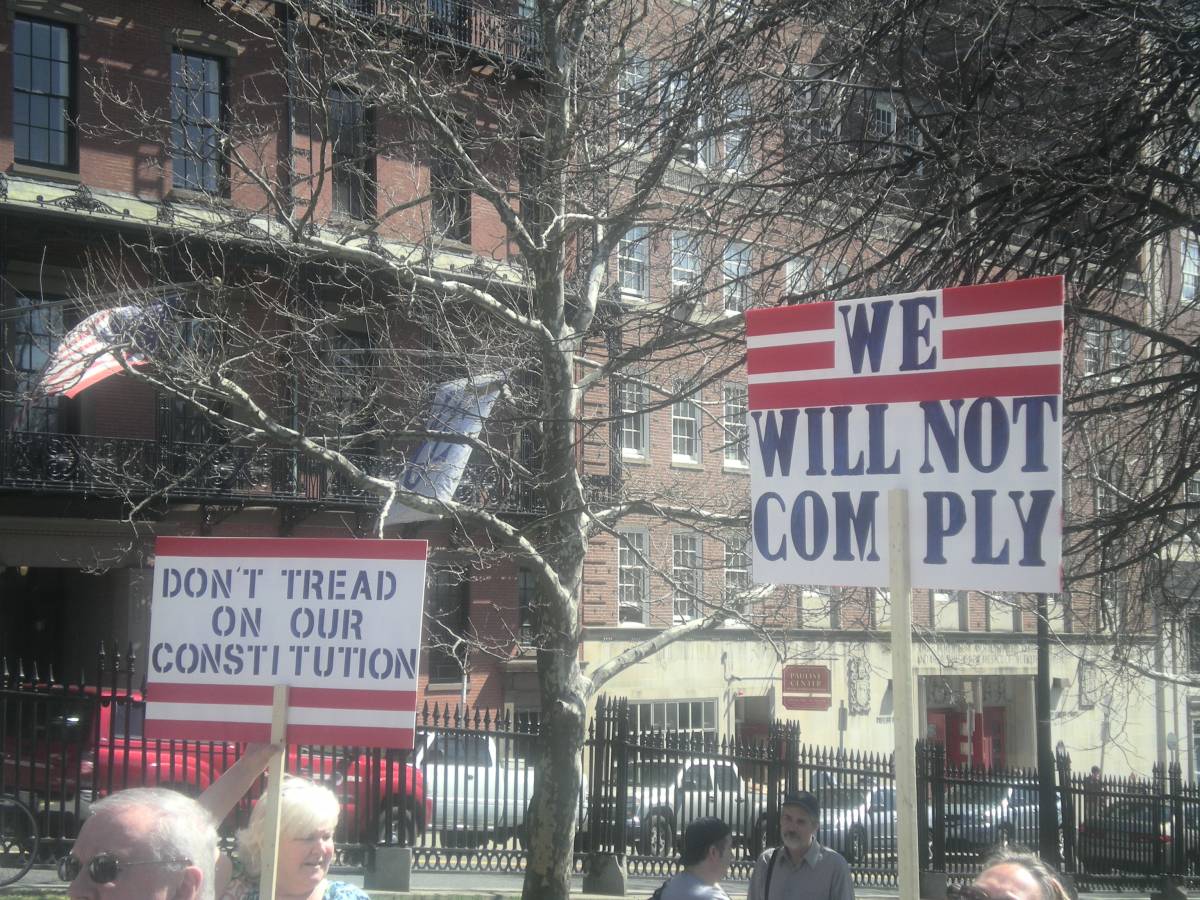What's Your Favorite Christmas Movie?
by David Trumbull -- December 12, 2008
Democrats’ favorite Christmas movie is "Miracle on 34th Street."
Republicans’ favorite Christmas movie is "It's a Wonderful Life."
I first heard that aphorism at a holiday party about a decade ago. It’s been around longer than that and I haven’t been able to determine who first said it and when.
On the face the saying makes sense. After all, what better movie for adults who still believe in Santa Claus than Miracle on 34th Street? Besides (watch out for plot spoiler) the picture’s crisis is resolved when a huge federal government agency—the Post Office—comes to the rescue. And with a divorced mother rearing a child alone, Miracle features a non-traditional family, surely a plus in the eyes of liberals.
It’s a Wonderful Life, on the other hand, celebrates the infinite worth of an individual human being, a worth that far exceeds even the biggest financial fortune. In Wonderful Life the hero’s crisis is resolved (another plot spoiler) by the spontaneous voluntary action of family, friends, and local community; emphatically not by the government. The film also shows people in fervent prayer, not to some generic higher power but to the God of the Bible as worshipped by the Protestant and Catholic believers shown in the picture. That alone must drive some liberals nuts when the film is broadcast over the public airwaves.
But the game can be played the other way. Wonderful Life presents negative stereotypes of bankers, so much so that when it was released some Hollywood observers (but not, as is erroneously asserted on some liberal websites, the Federal Bureau of Investigations) charged that it was a vehicle for communist propaganda. The charge is easy to ridicule today, but in the 1940s communist infiltration of the motion picture industry was a real and serious threat to American values. Now look at the favorable treatment—not to mention free advertising—that Miracle gives to two large department stores! Main Street Republicans surely must find that refreshing compared to the negative views of business that Hollywood gives us today.
The lesson? It’s just a movie! Enjoy them both, or whichever ones you choose to watch this holiday season. Santa’s list does not include your political affiliation, but he does have a lump of coal for those who would strip our public life of all sense of Wonder at the Love of God and thankfulness for all Miracles big and small.










